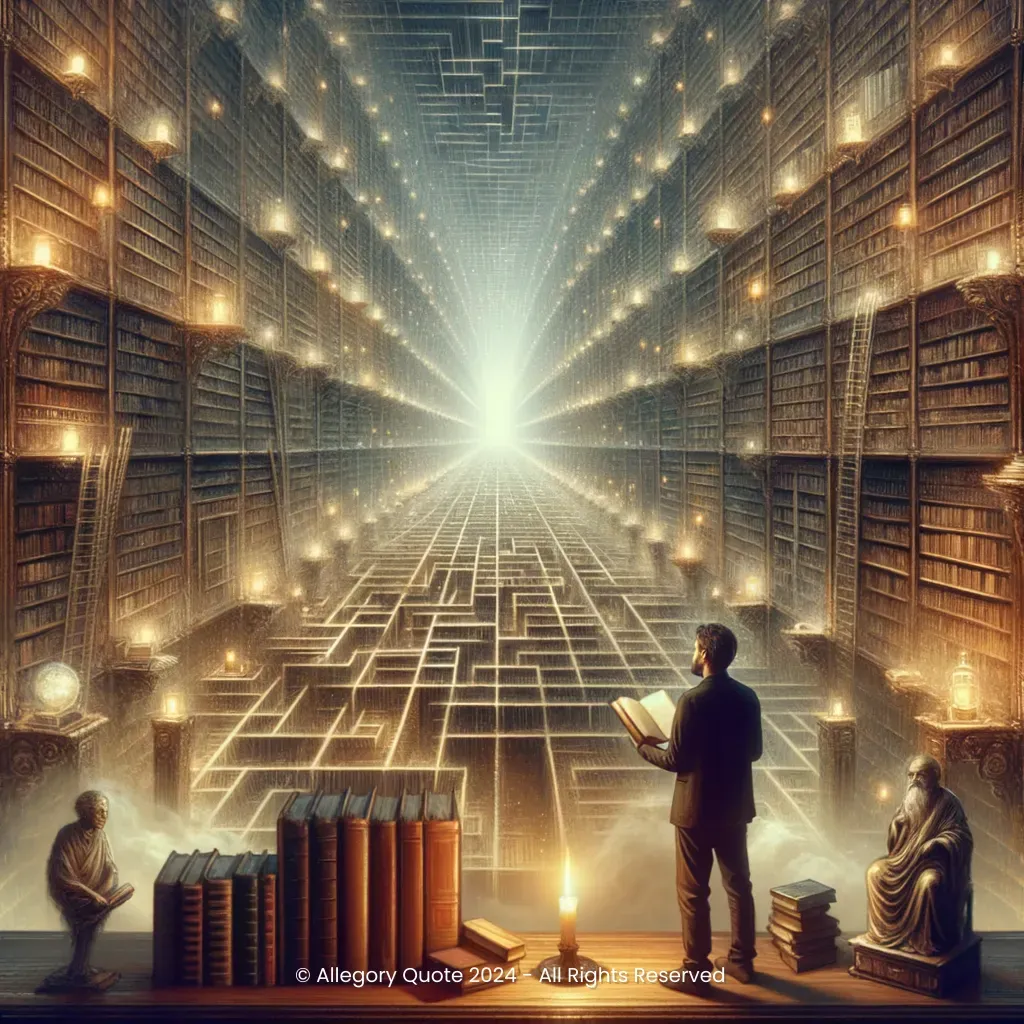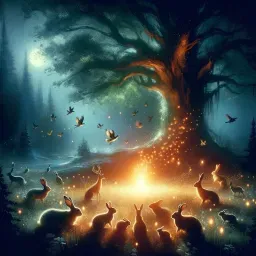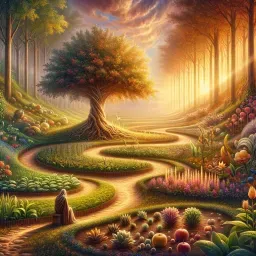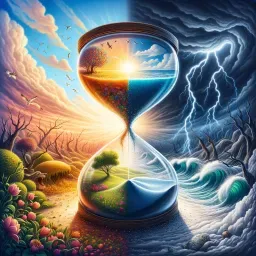”The more I learn,
the more I realize how much I don't know“

0
0
0
0
- Meaning
- This phrase highlights the paradox of knowledge: as we acquire more information and understanding, we become increasingly aware of the vastness of our ignorance. It's a humbling reminder that learning is an endless journey and that intellectual humility is vital. It suggests that wisdom lies not in the accumulation of knowledge alone but in recognizing the limits of one's understanding.
- Allegory
- The image consists of an infinite library to symbolize endless knowledge, emphasizing the boundlessness and vastness of what is yet to be learned. A scholar illuminated by candlelight represents the individual’s solitary quest for knowledge and the enlightenment that learning brings. The faint images of historical thinkers like Socrates, Confucius, and Einstein whispering in the background convey the shared wisdom and continuous dialogue across ages. The blurred background portrays the unknown realms of knowledge, emphasizing that no matter how much one learns, there is always more to discover.
- Applicability
- In personal life, this phrase encourages a mindset of continuous learning and humility. Embracing this perspective can foster a healthy openness to new ideas and experiences, reduce arrogance, and enhance personal growth. It can also improve collaboration and communication, as acknowledging our limitations helps us appreciate and seek out others' expertise.
- Impact
- This phrase has had a profound impact on various educational and philosophical discourses. It's often cited in academic settings to encourage students and scholars to remain humble and curious. It has also influenced the development of scientific inquiry, which relies on recognizing the limits of current knowledge to further explore new frontiers.
- Historical Context
- Although this exact phrase is modern, its roots trace back to ancient Greece and the teachings of Socrates. Socrates lived during a time when philosophical inquiry was burgeoning and valued the pursuit of wisdom. Our modern understanding is influenced by centuries of philosophical and scientific thought.
- Criticisms
- Some critics argue that this mindset can lead to perpetual uncertainty or a lack of confidence in one's knowledge. Others believe it's overly simplistic to equate the acknowledgment of ignorance with true wisdom, as practical knowledge and expertise are also critical in many fields.
- Variations
- Variations of this phrase exist in many cultures and languages, each emphasizing humility in the acquisition of knowledge. For example, in Chinese philosophy, Confucius's saying, “Real knowledge is to know the extent of one's ignorance,” carries a similar message.
-

Not all those who wander are lost.
-

I took the one less traveled by, and that has made all the difference.
-

If you would be loved, love, and be lovable.
-

Fools rush in where angels fear to tread.
-

No act of kindness, no matter how small, is ever wasted.
-

Living well is the best revenge.
-

Good things come to those who wait.
-

This too shall pass.
-

Love is composed of a single soul inhabiting two bodies.
-

Know thyself.
No Comments